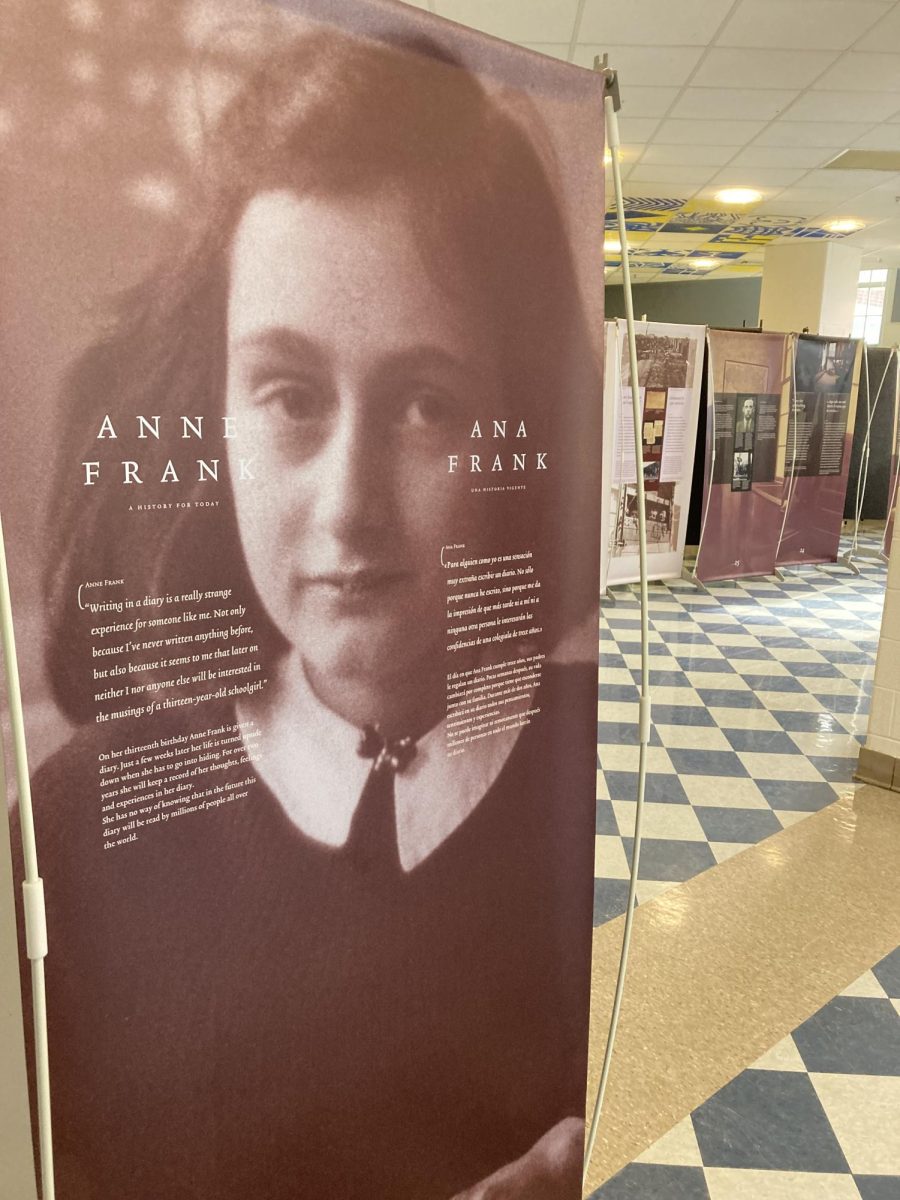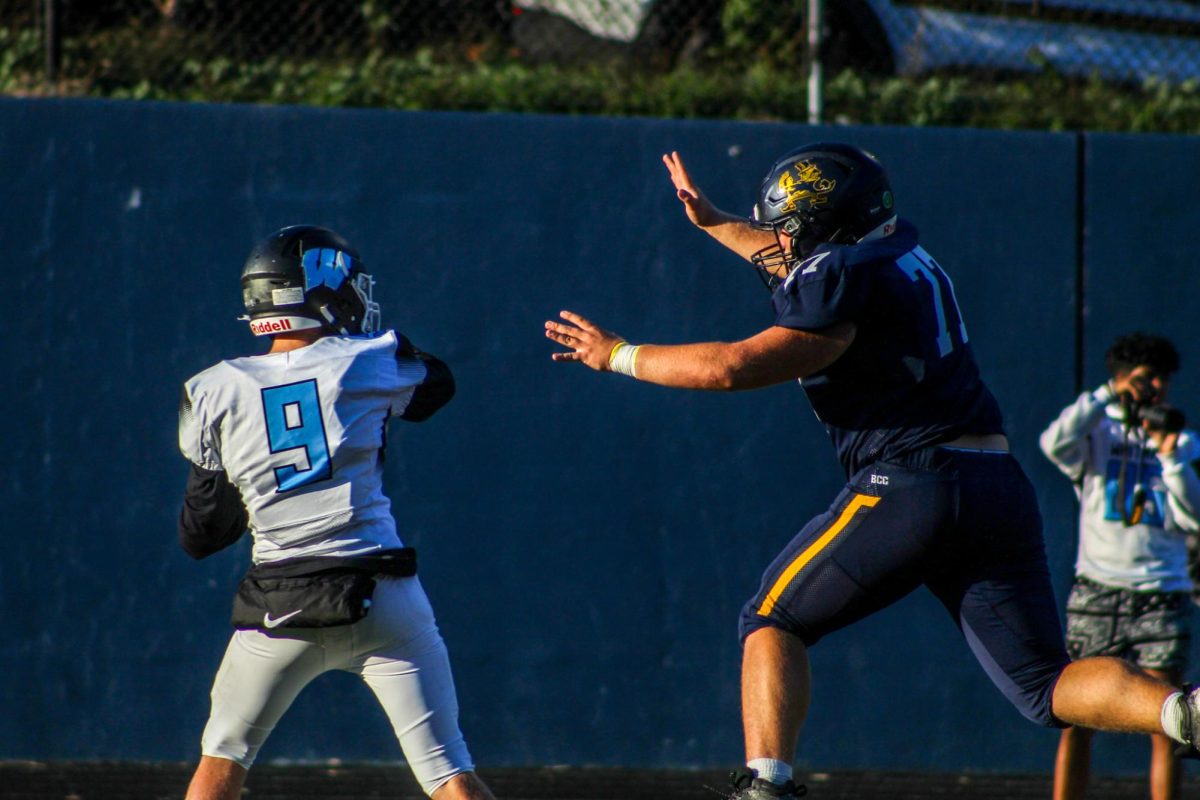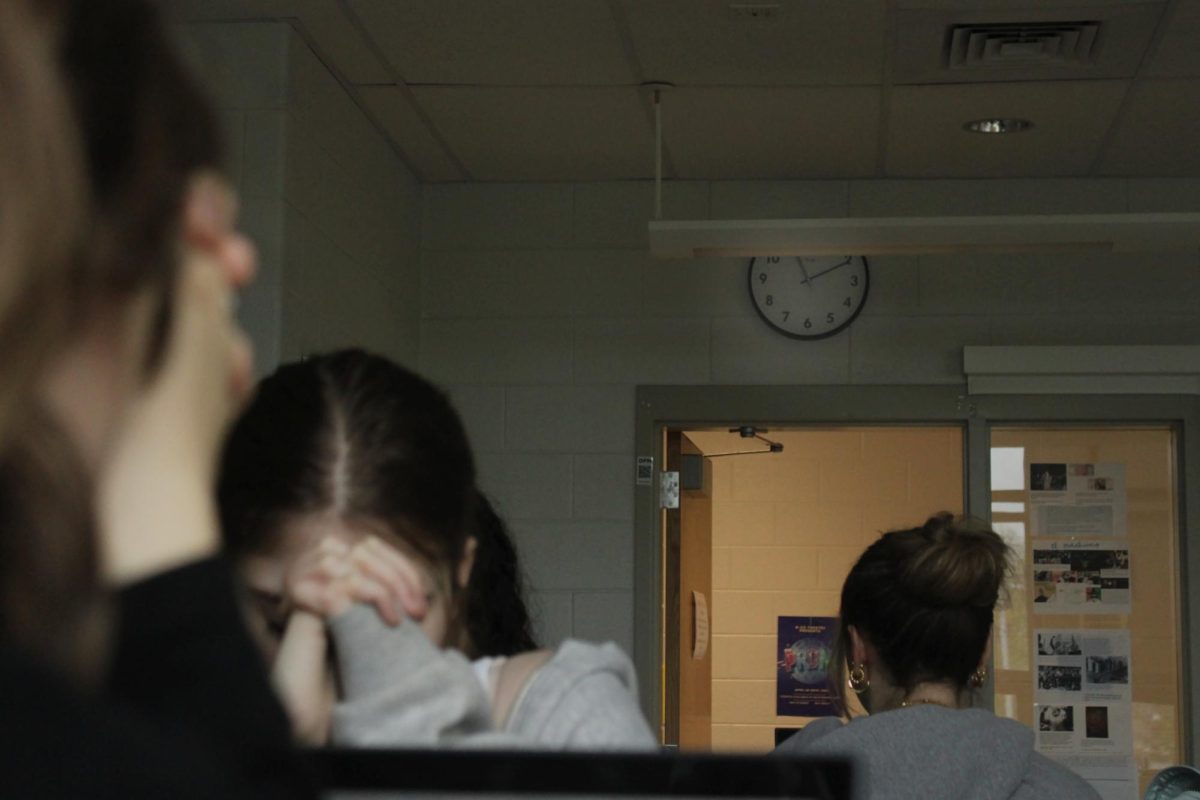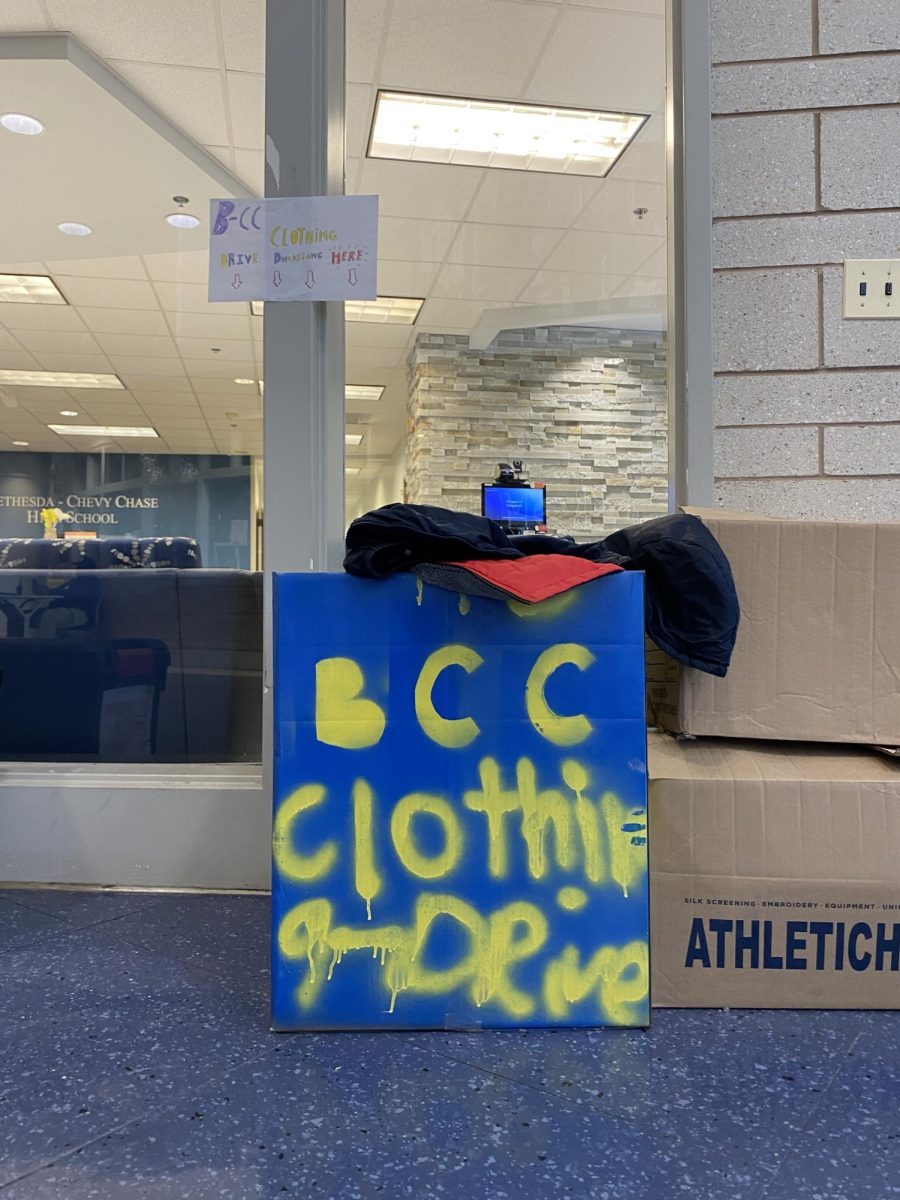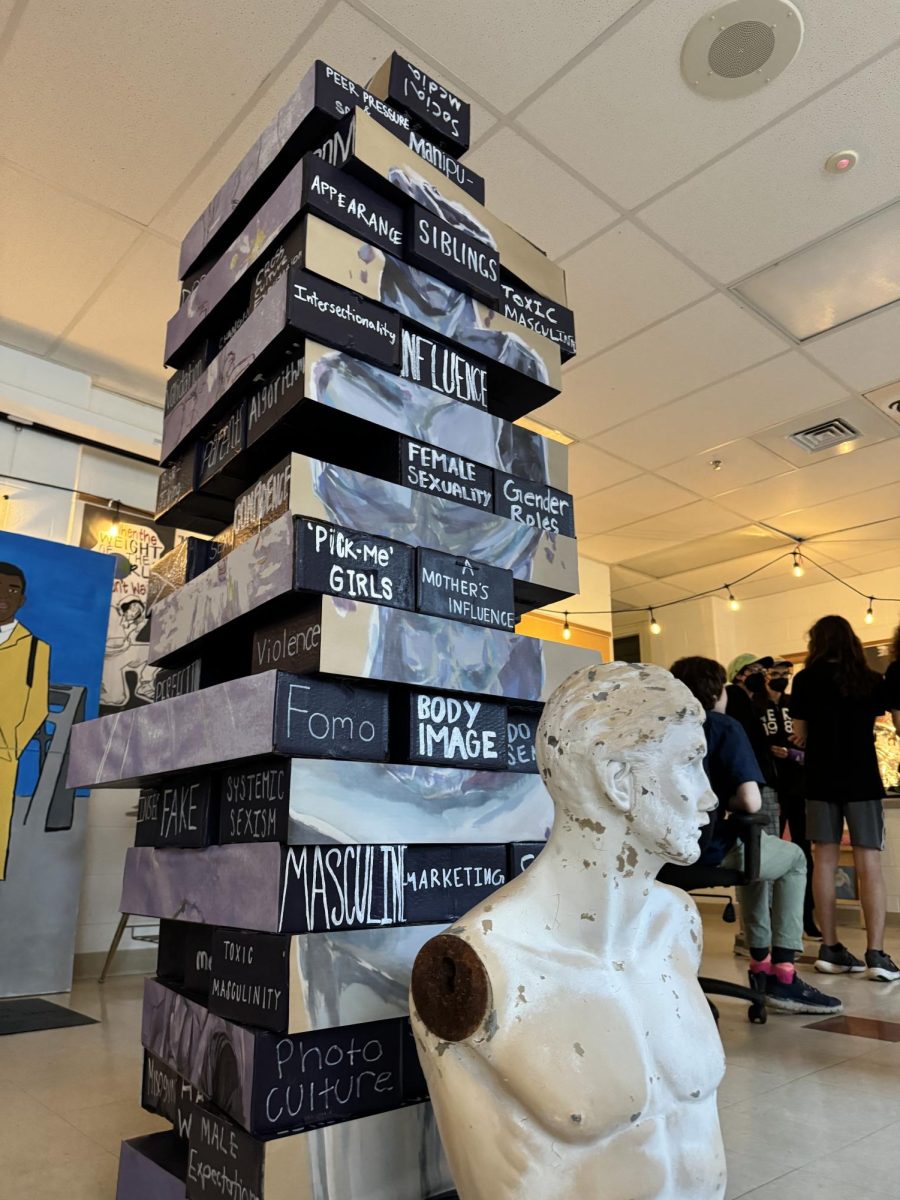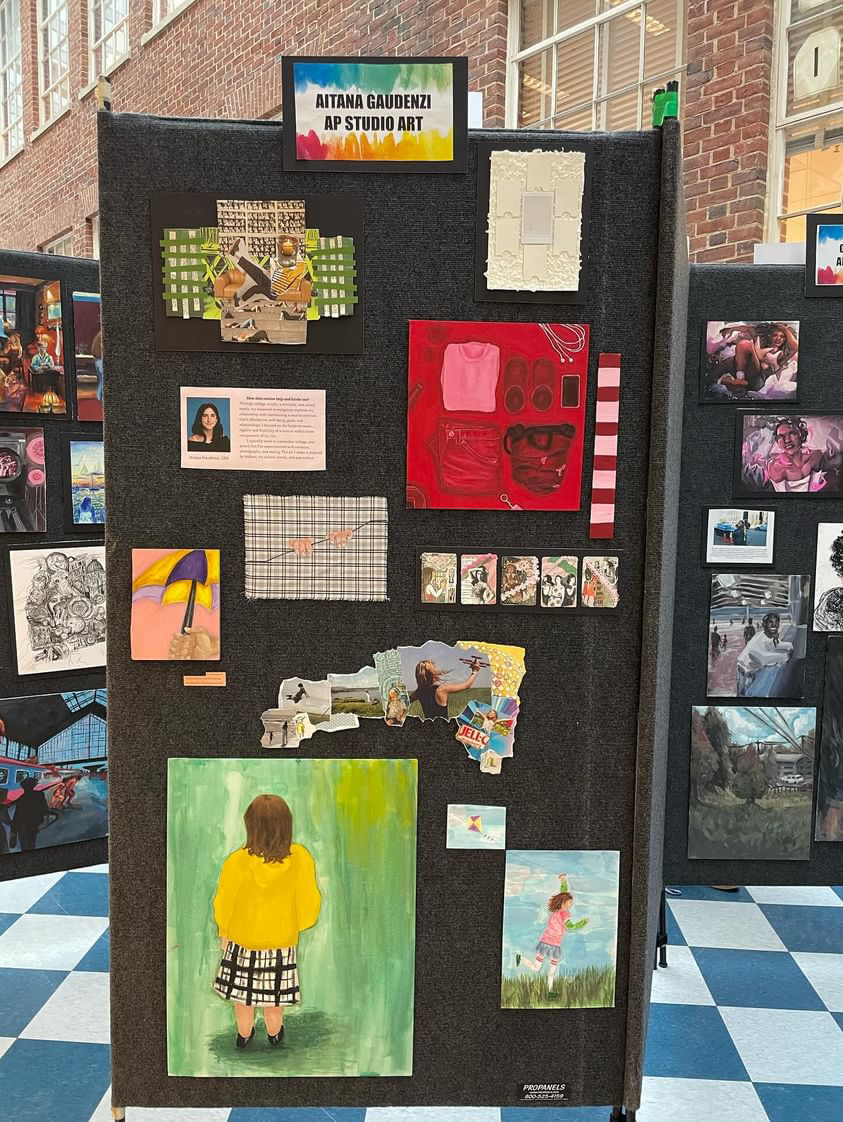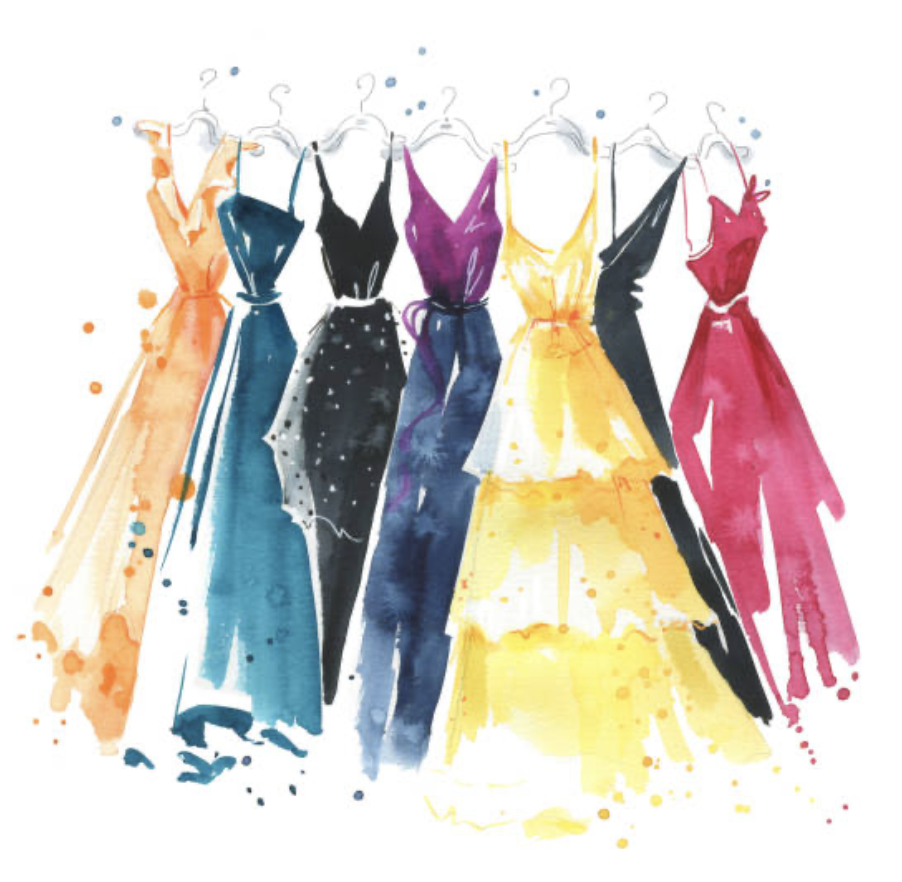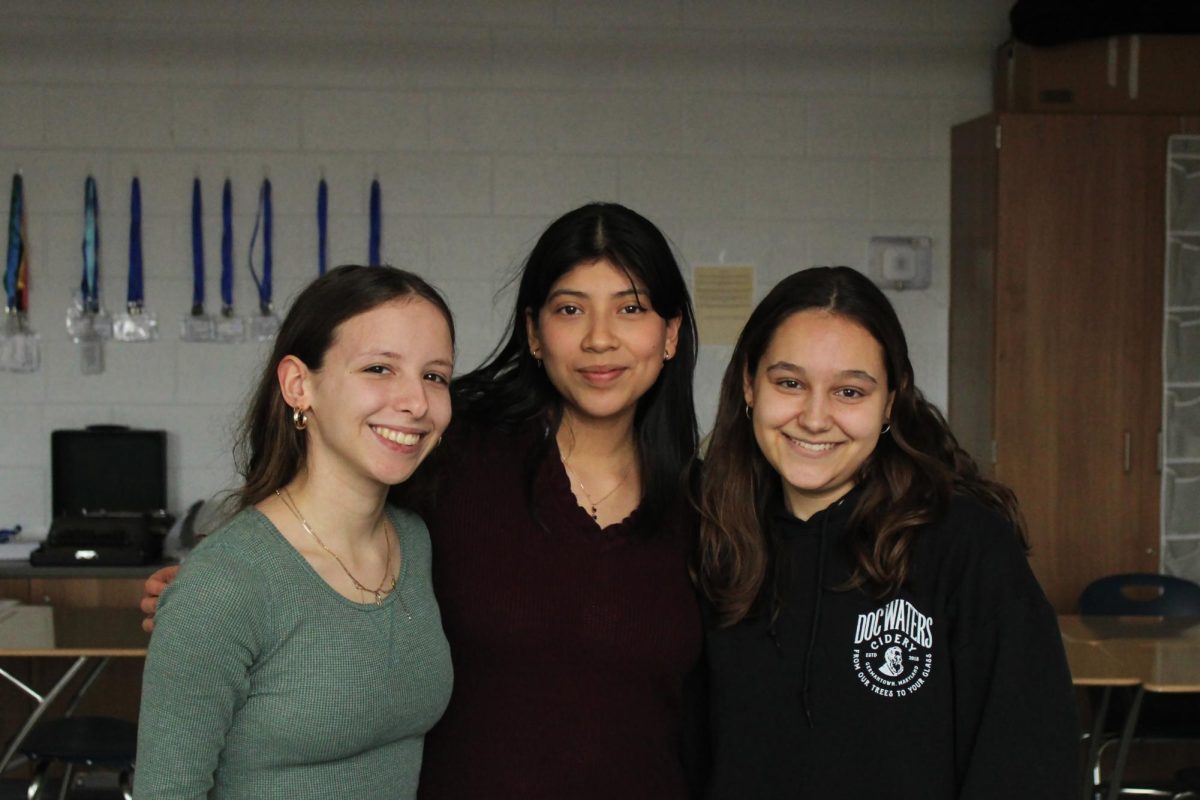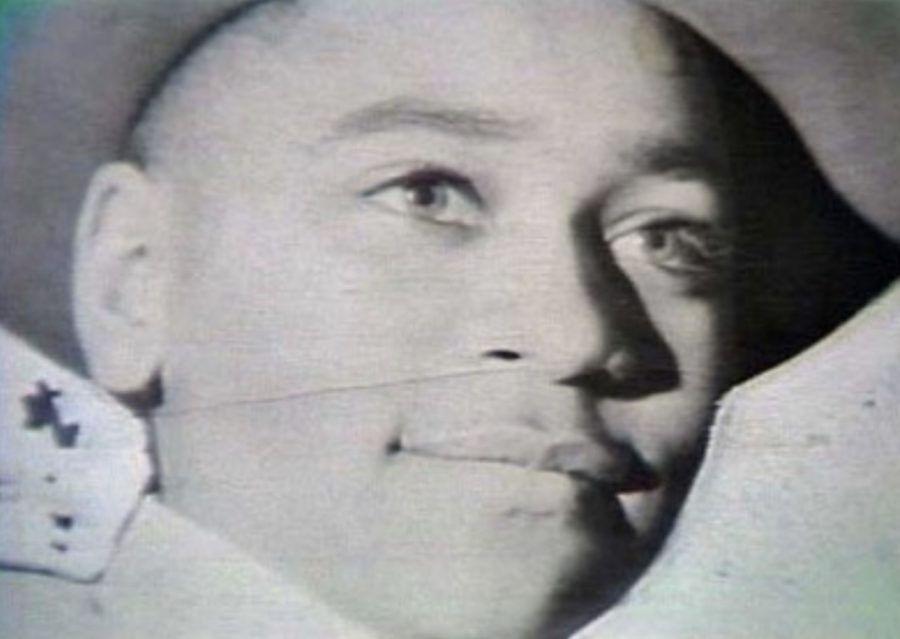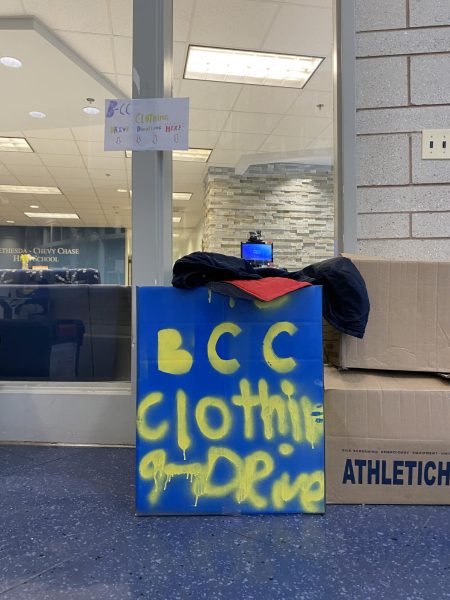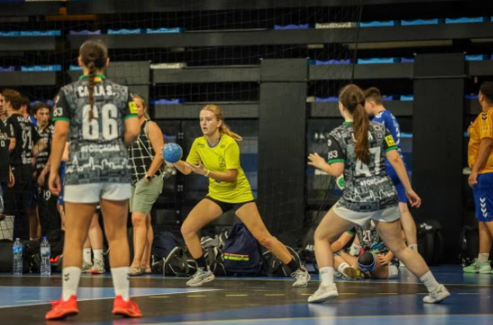“Till” the Feature Film: Taking Back the Narrative
In a world where modern-day lynchings of George Floyd, Philando Castile, and Daunte Wright (among countless others) are broadcasted and analyzed online, how do we remain sensitive to their stories?
photo obtained from flickr
December 8, 2022
The actions of one grieving mother, Mamie Till-Mobley, have permanently reshaped American society. Her decision to have an open casket funeral of her only son Emmett Till showed the world how a 14-year-old boy was brutally beaten, shot, and mutilated for allegedly whistling at a white woman.
Unfortunately, Till’s story has been warped beyond his mother’s original intentions, as the implications of his death have overtaken the truths of his life. These truths are a fixture in the new movie Till in which director Chinonye Chukwu seeks to deliver the story with a new sense of empathy and grace, not only for the life of a young man lost but also for his friends, family, and community.
By making this conscious choice, the Black community as a whole can tell the story of a life that is more than just their circumstances and ultimately their death, but rather a narrative of life, the stories of fathers, dads, athletes, and more.
Zion Dappa, a member of B-CC’s Black Student Union, is one of the many across America who remembers Till’s horrific story. She believes the movie will help to shed light on a new retelling of the story rather than focusing on the ruthless end to his life. Heightened concerns over the desensitization to the violent murders of Black men is the reason why Dappa feels the movie is so instrumental: “It’s important to remember these people led lives outside the death they are remembered for, and this movie takes back that life narrative.”
It’s important to remember these people led lives outside the death they are remembered for, and this movie takes back that life narrative.
— Zion Dappa
Dappa is not alone; society has seen a rise in people calling to redirect the narrative and change the focus to the person rather than the story.
The movie is part of a newer narrative rising to the forefront of the Black community. In a world where modern-day lynchings of George Floyd, Philando Castile, and Daunte Wright (among countless others) are broadcasted and analyzed online, how do we remain sensitive to their stories?
Chukwu dives deep into the healing of his hometown, the solidarity of the Black community, and the way the event created a broad sense of understanding among young Black men and women in particular. The understanding was clear: Till’s violent death could have been any Black person accused of looking the wrong way, and the up-and-coming young generation was fed up with the bloodshed of young Black people. While the movie is an increasingly timely and significant portrayal of racial injustice, the message and choices behind the movie are just as influential.
The movie chooses to take back the narrative of Emmett Till’s life by rewriting his story as one of childlike joy and familial love rather than focusing on the disturbing last hours of his life. He was a handsome and high-spirited person who loved to eat. He loved pranks, appreciated a well-timed joke, and most importantly, he was a kid. Till chooses to focus on these aspects of his life as well as the strength, bravery, and pain that his mother faced as she found herself at the center of the movement fighting for justice and attention to her son’s murder.
The events behind Till are hard to watch, but the importance of rewriting black trauma is just as important as the event itself. As racial injustice continues to prevail, it is important to take the message behind Till and remind ourselves to continuously take back the lives that are lost and paint them in a light of greater joy and empathy.





